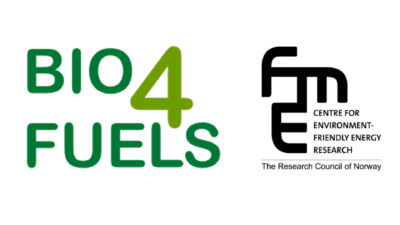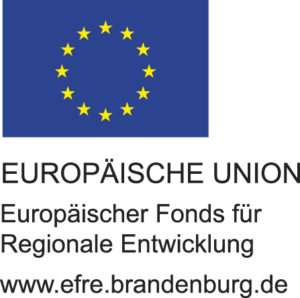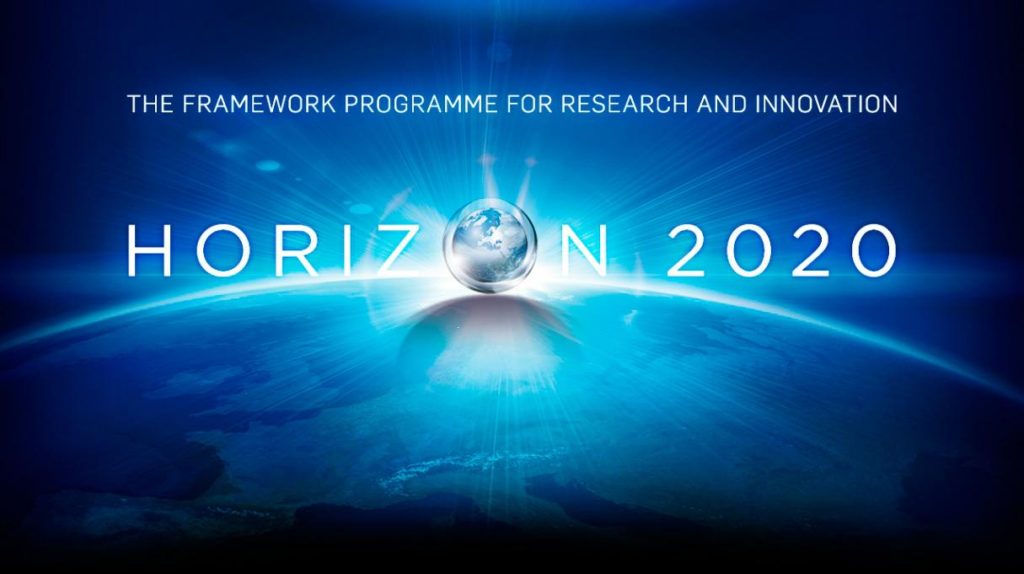LOGEBAT – VIRTUAL BATTERY
Förderhinweis: Das folgende Projekt wurde unterstützt durch Fördermittel des Landes Brandenburg und der Europäischen Union. Es wird aus Mitteln des Europäischen Fonds für regionale Entwicklung (EFRE) kofinanziert.
Antragsnummer: 80258145/80258146
Project starts: 01.02.2021
Project ends: 31.12.2022
The aim of the project is to describe and predict the electrochemical and physical processes in batteries using the LOGEbat software. In particular, the aging of the batteries is to be taken into account.
Within the scope of the project, the effect of various aging processes of lithium-ion batteries and other batteries on the available capacity as well as the short-term and long-term safety of the batteries will be investigated.The aim of the project is to build up an in-depth understanding of the safety and aging-relevant physical and chemical processes involved, especially in lithium-ion batteries (LIBs). In this way, critical operating conditions and critical design parameters will be identified.
The result is a modeling tool that can be used to derive optimized operating strategies based on detailed chemistry.
LOGEbat at a glance
- Comprehensive picture of battery cell safety and aging,
- Prediction of capacity fade and battery safety considering electrode aging using detailed chemistry,
- Derivation of optimized operating conditions,
- Identification of critical operating conditions.
 ACTIVATE
ACTIVATE
Ammonia as carbon free fuel for internal
CombusTion engIne driVen AgriculTural vEhicle
One of the biggest challenges in solving the climate crisis is finding a method to reduce CO2 emitted by vehicles. Replacing the
fossil fuels that are commonly used in vehicles with a renewable, sustainable, low or zero carbon fuel is one of the method to meet
that challenge. In this context, ammonia appears an ideal candidate. It is carbon-free and can be used in existing combustion
engine technologies. However, due to its physical and chemical properties, such as a narrow flammability range, toxicity, the high
heat of vaporization and the high auto-ignition temperature, any application of ammonia in actual combustion engines requires
thorough investigations that are subjected to this project. The project is a common initiative of LOGE Polska Sp. z o.o., Silesian
University of Technology, Norwegian University of Science and Technology and University of Agriculture in Krakow. The projected
outcome of the work is an overall methodology for retrofitting compression ignition engines to fueling with a mixture of Biodiesel and
ammonia. The investigations will be carried out experimentally and numerically and in relation to a compression ignition engine
used for powering agricultural vehicles that is one of the possible uses of ammonia. These vehicles are readily modified and
operated by highly trained personnel with a willingness to change fuels if the conditions are right. Switching these vehicles to
ammonia will have a very positive impact on CO2 reduction that can be achieved in a short time frame.
For more information, visit the project website at https://ammoniaengine.org or checkout the recent news!
Project starts: 2020-10-01 Project ends: 2023-09-30
Programme operated by: Project consortium:


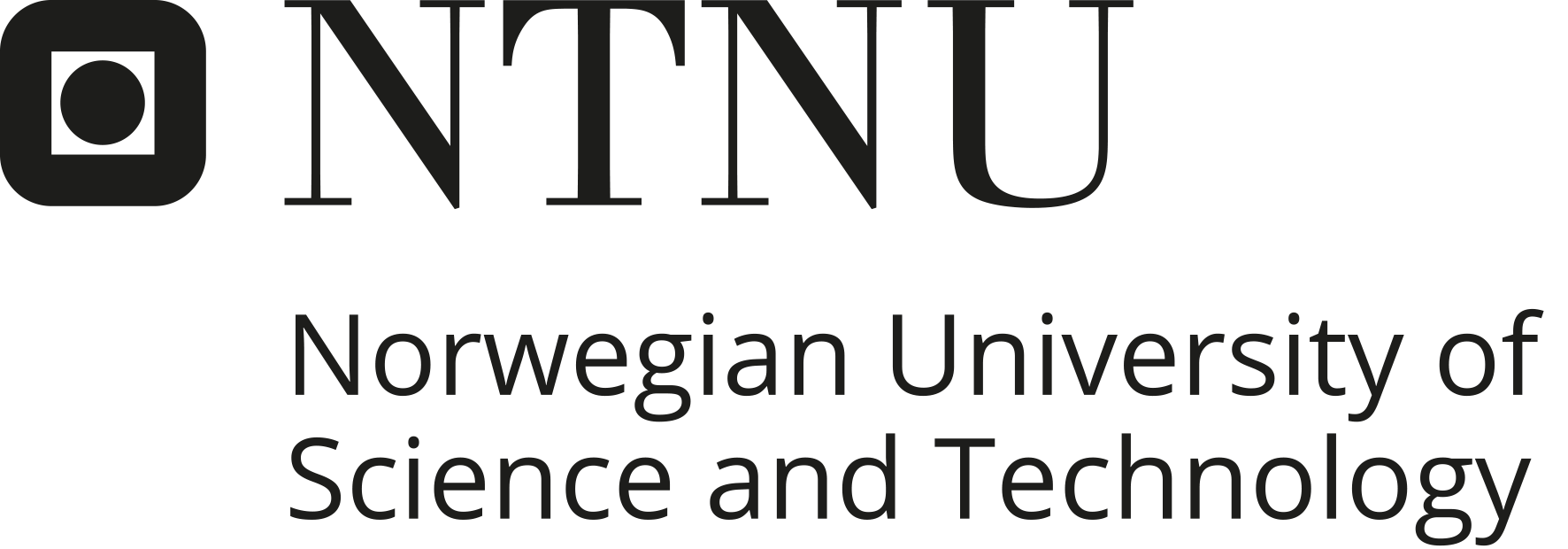

![]()
CONNECDT
Co-Simulation Platform Connecting Chemistry
and Powertrain Dynamics to Traffic Simulation

The differences between greenhouse gas and exhaust emissions from passenger vehicles under laboratory and real conditions have caused the European Commission to introduce more stringent regulations for the vehicle approval procedures. To meet these stringent regulations, the use of novel numerical methods employing virtual calibration, optimization and prototyping becomes increasingly common.
The overall goal of the project is the development of innovative software for real time simulation of vehicles under real driving conditions to accurately predict fuel consumption and exhaust emissions. A multi-stage modelling is applied that incorporates detailed tabulated chemistry for the description of the combustion and emissions formation processes inside the engine cylinder, aftertreatment system modelling at the microscopic level and the modelling of powertrain, driver and traffic conditions at the macroscopic level. These sub-models will be coupled into a real-time software that will be implemented on a hardware-in-the-loop (HiL) platform to carry out a realistic and inexpensive vehicle virtual calibration and optimization for RDE applications. The simulation platform will be applicable to vehicles with conventional combustion engines as well with variety of hybrid concepts and hence, be innovative approach for the current market.
Project starts: 2019-10-01
Project ends: 2021-09-30
Partners: RWTH Aachen and LOGE GmbH
Founding: Zentrale Innovationsprogramm Mittelstand (ZIM), Bundesministerium für Wirtschaft und Energie
Project overview
ECCO-MATE
Experimental and Computational Tools for Combustion Optimization in Marine and Automotive Engines
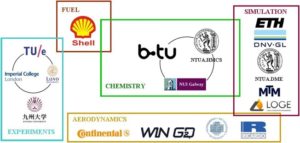
The research objectives of the ECCO-MATE project are to develop a synergistic framework for cutting edge research on novel engine technologies for optimizing energy efficiency and minimizing NOx, SOx, and soot emissions, based on state-of-the-art simulation and diagnostic tools for both automotive and marine engines. The research methodology will be based on science in the fields of aerodynamics, two-phase flow and combustion chemistry. The required range of expertise cannot be found in a single institution. Therefore, there is the need for establishing a multi-disciplinary, intersectorial and intra-sectorial network, tackling the problems via the development of appropriate tools.
The ECCO-MATE innovation lies on developing common methods for the experimental and computational investigation of marine and automotive diesel engine combustion by coupling state-of the-art two-phase flow and combustion chemistry with advanced engine diagnostic and CFD tools.
Project start date: 2013-10-01
Project end date: 2017-10-01

Brandenburger Innovationsfachkräfte
LOGE is currently participating in the “Brandenburger Innovationsfachkräfte”- Program (Brandenburg innovation professionals). The program promotes the employment of highly qualified talents in SMEs in the Federal State of Brandenburg.
The knowledge transfer in the companies favours innovations and growth. The program source of funds is the European Social Fund (ESF).
The European Social Fund (ESF) is the main financial instrument of the European Union (EU), aimed at improving the living conditions of people in Europe and to increase employment and economic growth. It is used for support measures in education, employment and social inclusion and contributes to strengthening social cohesion.
The authority in charge of the ESF in the Federal State of Brandenburg is the Ministry for Labour, Social Affairs, Health, Women and Family (MASGF).
For more information see: www.esf.brandenburg.de and www.ec.europa.eu .
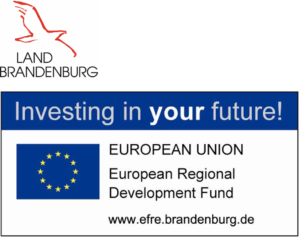
FFI
Fordonsstrategisk forskning och innovation (FFI).
Fuel Flexible Engine Platform.
The utilisation of alternative fuels is made possible by providing a truck engine with new components. Injector adapted for fuels with low viscosity and with high volatility. Different types of ignition systems will be evaluated and demonstrated to handle high-octane fuels. Cylinder head and combustion geometry will be modified to handle two separate injectors. The engine will be able to operate in different combustion modes, which allows optimising the efficiency, emissions and fraction of alternative fuel dependent on load and speed. The high degree of flexibility gives the engine a potential for higher efficiency than is possible using only diesel. The project will also lead to increased fundamental understanding of fuel properties and its effect on combustion, through systematic studies spray, engine tests and improved simulation models.
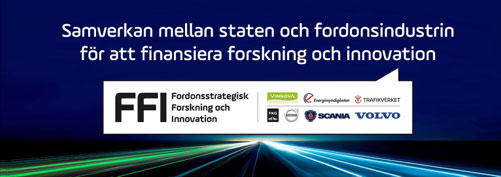
PaREGEn
PaREGEn addresses the short term scope of the GV-02 call via research into and the innovation of gasoline engines for light duty vehicles. Specifically, engines used in mid to premium passenger cars will be addressed. With the electrification smaller vehicles, focusing on larger cars is especially important: the need for clean, efficient & economic engines for inter-urban transport is more urgent and effective to resolve the challenges of air quality, decarbonisation & cost-effective mobility.
Through using state of the art techniques, like optical engines, modelling & simulation tools (for new control strategies or understanding particle formation) and applying new engine componentry, the optimal trade-off between efficiency & emissions will be found. Of attention will be the control of particle numbers between 10 to 23nm. This learning will be used in two, manufacturer lead vehicle demonstrations. These demonstrators will use downsized engines not yet on the market. The two approaches will use different combustion, dilution, fuel injection, boosting and after treatment systems. Completion of the project will show the way forward to a 15% CO2 reduction along with real driving emissions limits. If adopted across all light vehicles these short term engine innovations will reduce the EU vehicle parc emissions by ~2MtCO2 in 2025, 10nm in 2030. As well as improving EU competitiveness, a valuable contribution from PaREGEn will be new tools: to benefit engine design, development & control in general, long after project completion.
For further reading please visit the project website www.paregen.eu
BioEng
Production of second-generation bio-fuel and its influence on engine combustion and emissions (BioEng).
This project aims to improve the production processes for 2nd generation biofuels. Using ‘high gravity’ techniques which have higher raw material concentrations, the project will improve the economic feasibility of this promising technology.
Bio4Fuels
Bio4Fuels for the first time brings together leading Norwegian research institutions, universities, key national and international partners, major forestry resources owners and regional authority into one common initiative on production of energy carriers from renewable sources.
For further reading visit the project website www.nmbu.no/en/services/centers/bio4fuels
